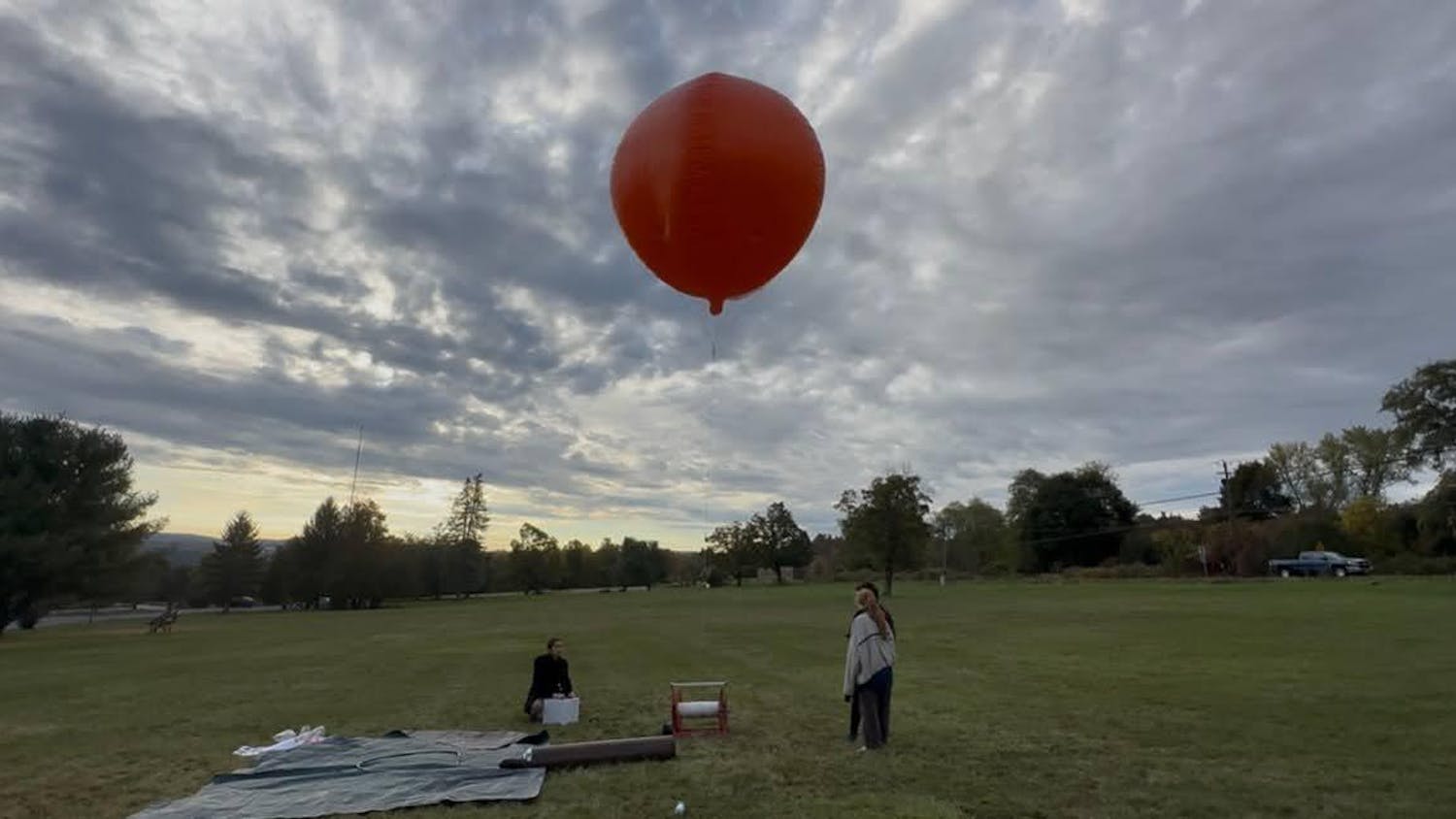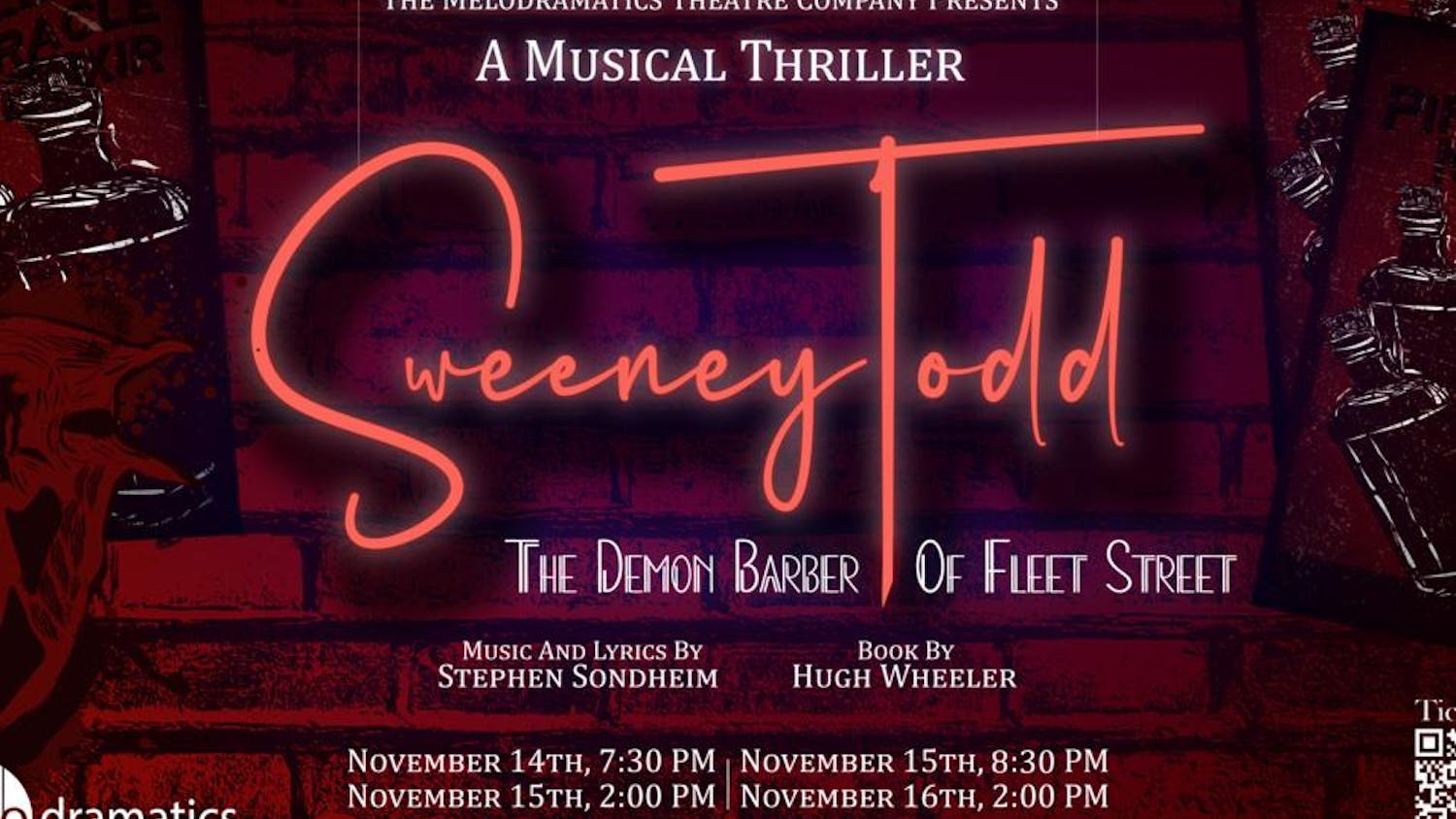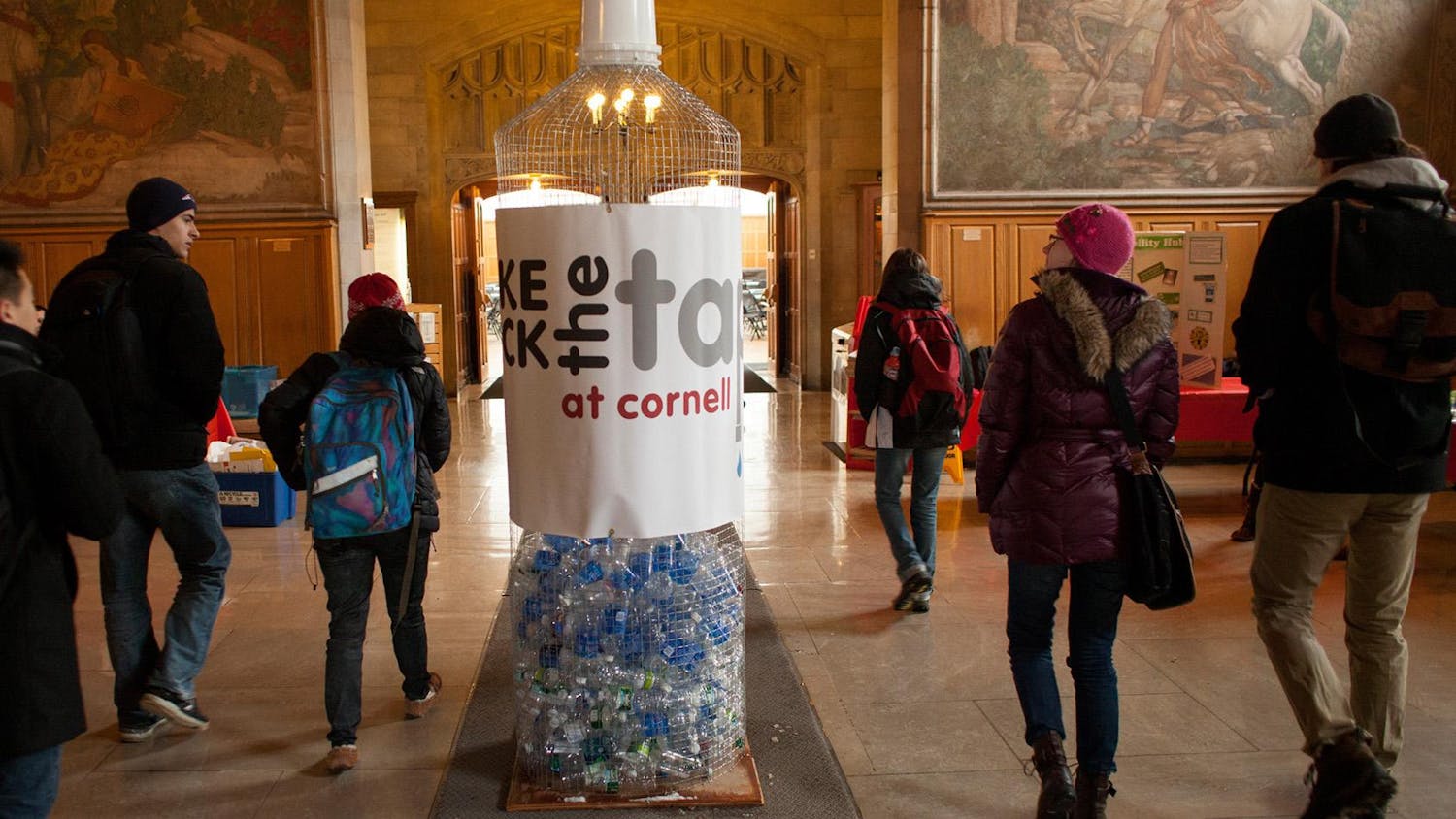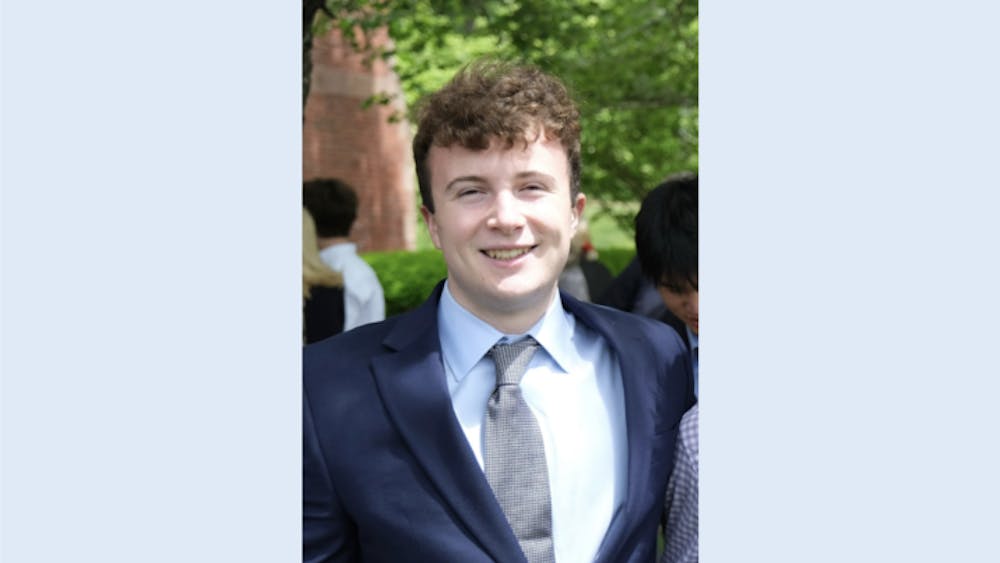There were several reasons I thought I could be a successful actor. First, Keanu Reeves. He just sort of stands there and looks pretty, both of which I’m good at, and he’s a star. Plus, he plays Ted in Bill and Ted’s Excellent Adventure, so … Second, my impromptu performances in front of the bathroom mirror have garnered rave reviews. Amidst the fog of just-finished hot showers, I’ve done everything from remorseful sinner to dying soldier and, let me tell you, I bring down the house every time. [img_assist|nid=33498|title=A thespian at heart|desc=For first-time actor Ted Hamilton '10, an audition at the Schwartz Center was a revelatory experience.|link=node|align=left|width=|height=0]Third, French class has afforded me able opportunity to practice my chops in skits that review airport vocabulary or the uses of the subjunctive: “Est-ce que tu connais un hôtel qui soit propre et bon marché?” So when my editor proposed a feature idea to me a few weeks ago in which I would audition for the Schwartz Center’s slate of spring productions and report from the inside on the mysterious goings-on of the process, I thought, “Grand! Here’s my chance at thespian glory!” You see, I’ve harbored secret acting ambitions for some time. Although for many years I regarded the craft of acting as somewhat of a joke (you just pretend to do stuff?), it gradually dawned on me that stagecraft required a great deal of nuance and skill. In the 11th grade, I played violin in the pit orchestra of my high school’s production of The Wiz (a bizarre funk-soaked rendition of the Judy Garland original), and, though I did spend much of the time bemoaning the obnoxiousness of the drama kids, I wondered if I might not try my hand at this acting stuff someday. But, in the end, it took the prospect of a covert act of reportage to finally strike up my ambition. The production I put myself on the line for was The History Boys, a new-ish play by Alan Bennett that will be premiering at the Schwartz Center on February 11th. An ’80s tale about English prep school students and their pederast instructor, it seemed a perfect fit for me: I love English accents, and who doesn’t want to pretend to get fondled? All that was required was some paperwork and a one-minute monologue, so I went straight to Olin after signing up and found myself a reference — One on One: The Best Men’s Monologues for the Nineties, edited by Jack Temchin. I had never heard of most of the plays in this book. The few that I had featured characters who were either old, or black or both, and, as I didn’t feel like testing my limits too much in my first foray into dramaturgy, I settled on a little speech by a kid named Lee from the play Marvin’s Room, by Scott McPherson. The gist of the story is that Lee is a mentally disturbed kid of 17 who’s burned down his house and is now explaining to his aunt some details of life in an institution. When I got home, I tried to create a mental image of Lee. I made a composite of all the cut-ups I’d known as a kid, and then added in a bit of Ted Hamilton spice. I screwed up one side of my face and engineered a creepy little smile. I developed a raspy breath and perfected a look of defensive disgust. Staring in the mirror, I thought to myself: “Mon dieu! I’ve created a monster!” On Wednesday night — monologue memorized and persona perfected — I strode into the Schwartz Center with a bounce in my step. As I entered the Green Room, where the actors wait their turn, I straightened my back and put on a smile. Judging from their off-hand conversations and chuckling, the gathered crowd seemed to be veterans. I registered at the sign-in table and had my picture taken while I held a card with my name on it. And then I sat, suddenly aghast that I couldn’t remember the second line and that my palms were sweating. Luckily for me, the casting crew was running ahead of schedule, certainly a first in the history of auditions. I was summoned by a good-natured man to two ominous double doors that seemed to lead into a broom closet. “They’re ready for you in there,” he said. “Is there a chair?” I asked. “Yes,” he replied, and walked away. I found myself in a darkened chamber that resembled something halfway between a lecture hall and a racquetball court. Seven-or-so adults sat scattered among the terraced chairs, and I dutifully shuffled to the lone seat in the middle of the dark floor. “Oh … facial hair,” one of the women said as I walked by. I waved and cleared my throat. The following two minutes went by in a blur. I remember periodically reminding myself to slow down, to do the creepy smile, to breath more raspily. But once you start there’s no stopping, and as I tried to make eye contact and shrug off my nervousness, the institutional inquisitiveness of the straight-backed observers gave me no comfort or consolation. It seemed like something out of the second half of A Clockwork Orange. And then it was over almost before it began. I said my lines and left. In five minutes I was in and out of the Schwartz Center as if I’d stopped by just to say hello. The anticlimax left me feeling almost as unfulfilled as the experience of failing to see my name on the cast list on Saturday: In the end, I was not destined to be one of the History Boys. But no matter. I’ve conquered that hardest of steps — the first one — and, from now on, acting can only get easier. I now know, for instance, that beards are taboo. I know that, maybe, a creepy smile isn’t the best way to impress directors (or maybe I just wasn’t creepy enough). And, most importantly of all, I know that I can act — because, after all, they didn’t know I was a reporter.
Schwartz Center Auditions: Taking A Shot at the Big Time
Reading time: about 6 minutes
Read More










